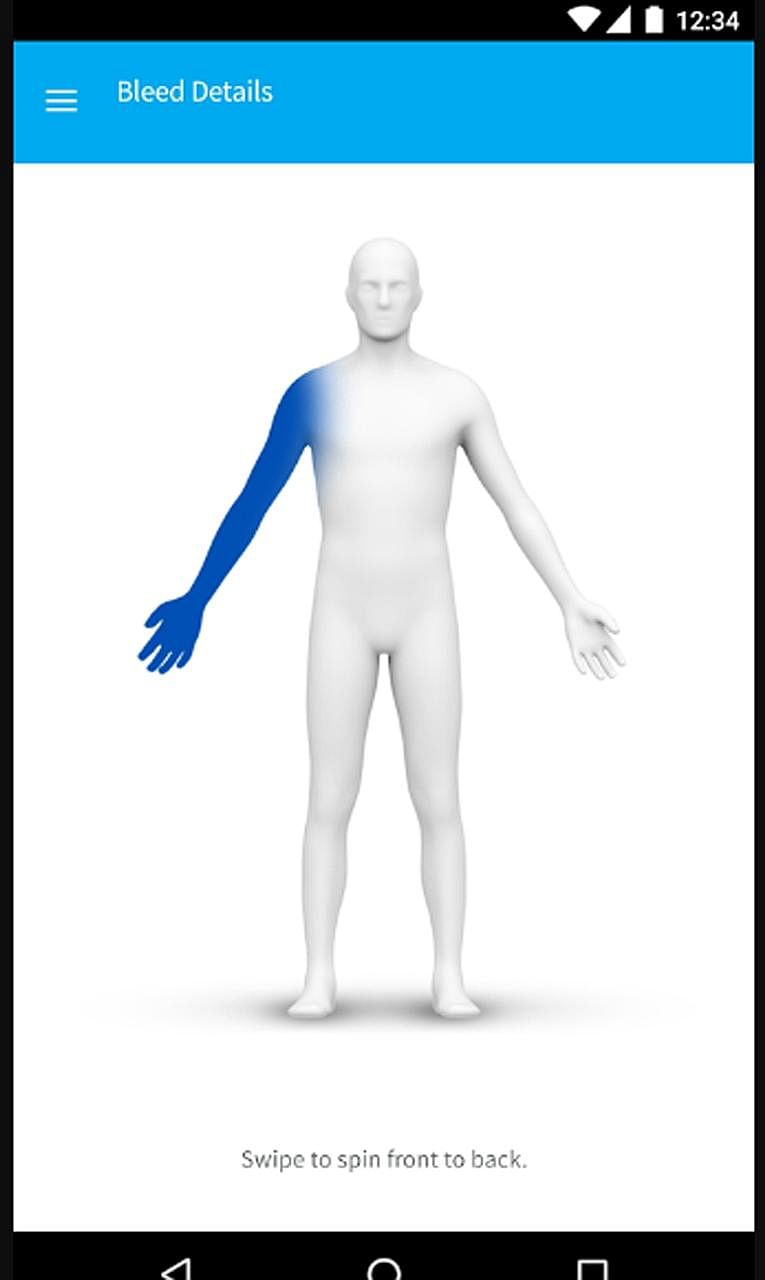Mr Gerard Vaz, 45, has not had to deal with the hassle of keeping a manual record of his 11-year-old son's bleeds and infusions - which can occur as many as three times a week - since January this year.
Instead, the vice-principal of a special needs school and his son, Dominic, who has severe haemo- philia, record the data in an app called Zero Bleeds.
They can then show the data to healthcare staff at the hospital.
Haemophilia is a lifelong condition in which the blood does not clot properly, so patients bleed for longer than usual. It is usually inherited and there is no cure.
Patients need regular injections of a clotting factor to treat and prevent prolonged bleeding.
Launched by KK Women's and Children's Hospital (KKH) in January, the app aims to help patients and caregivers keep more accurate records, which can be shared with healthcare professionals.

"Having a well-kept, up-to-date record of bleed and infusion events gives doctors and nurses, as well as the patient's parents, a better picture of how effective the treatment is," said Ms Lim Chiew Ying, a nurse clinician at KKH's haematology/oncology service at the department of paediatric subspecialities.
With the app, it is easier to keep track of the number of bleeds and infusions, and annual bleed rate, as well as spot any irregular patterns.
"Prompt and appropriate treatment of haemorrhage is important in preventing long-term musculo- skeletal complications such as haemophilic arthropathy (joint disease) and disability," said Associate Professor Chan Mei Yoke, head of KKH's haematology/oncology service at the department of paediatric subspecialities.
The most serious bleeding episodes that can threaten a person's life or body functions occur in the eyes, head, neck, abdomen and kidney, she added.
The app also enables users to take a photo of the bruise or bleed, which can be reviewed by doctors or nurses almost instantly. It also reminds users when it is time for an infusion.
More than half of the 70 haemo- philiacs being treated at KKH are using the app.
While the app is available only at KKH, there are plans to introduce it to more hospitals soon.
Mr Vaz, who has three other children, hopes to encourage his son to take more responsibility for his health with the app.
He has a few suggestions for improvement. "The app can include fields where the user can jot notes to describe a bleed or an event that led to a bleed," he said.
"It will also be helpful if the app allows the user to scan and transmit information directly to it."
Felicia Choo


